Uncategorized
-
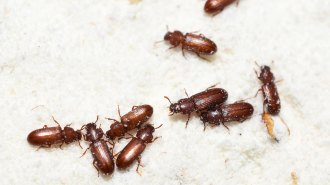 Life
LifeHow some beetles ‘drink’ water using their butts
Red flour beetles, a major agricultural pest, suck water out of the air using special cells in their rear ends, a new study suggests.
By Freda Kreier -
 Science & Society
Science & SocietyHere are the Top 10 threats to the survival of civilization
These aren’t just movie scenarios. From aliens and asteroids to pandemics, war and climate change, civilization as we know it is at risk.
-
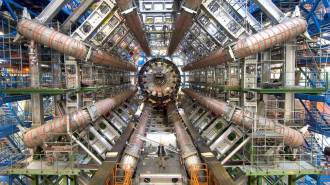 Physics
PhysicsThe W boson might not be heavier than expected after all
A new and improved look at the mass of the W boson is in close alignment with theory, but it doesn’t negate an earlier, controversial measurement.
-
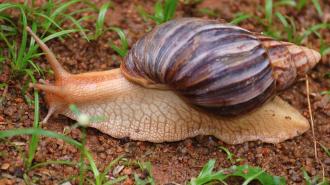 Archaeology
ArchaeologyWhat did Homo sapiens eat 170,000 years ago? Roasted, supersized land snails
Charred shell bits at an African site reveal the earliest known evidence of snail-meal prep, suggesting ancient humans cooked and shared the mollusks.
By Bruce Bower -

-
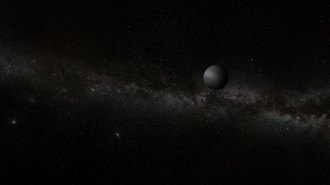 Planetary Science
Planetary SciencePlanets without stars might have moons suitable for life
Thanks to gravitational squeezing by their host planets, some moons of rogue planets could stay warm for over a billion years, simulations suggest.
By Bas den Hond -

Did artificial intelligence write this editor’s note?
Editor in chief Nancy Shute discusses the implications of artificial intelligence tools like ChatGPT for education, journalism and more.
By Nancy Shute -
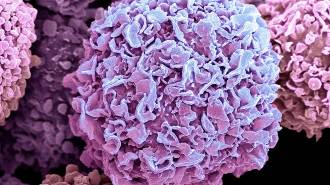 Health & Medicine
Health & MedicineA new battery starves cancer cells of oxygen in mice
When a self-charging battery is placed on a mouse’s tumor and combined with anticancer drugs, it reduced tumor size by 90 percent.
-
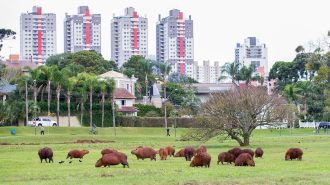 Life
LifeCapybaras thrive, even near humans, because they’re not picky eaters
Scientists didn’t expect capybaras to eat both grasses and forest plants. The rodents’ flexible diet helps them live everywhere from cities to swamps.
-
 Health & Medicine
Health & MedicineThe antiviral drug Paxlovid reduces the risk of getting long COVID
In a study of U.S. veterans’ health records, the drug lowered the odds of developing 10 of 13 long-term health problems following a COVID-19 infection.
-
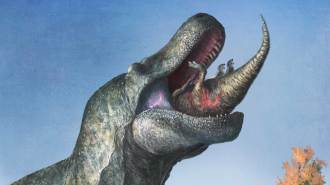 Life
LifeT. rex may have had lips like a modern lizard’s
Dinosaurs like Tyrannosaurus have long been portrayed as lipless, but new research suggests this wasn’t so.
By Jake Buehler -
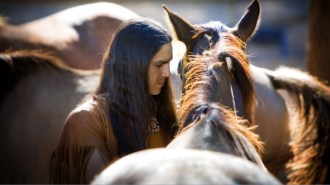 Anthropology
AnthropologyNative Americans corralled Spanish horses decades before Europeans arrived
Great Plains groups incorporated domestic horses into their cultures by the early 1600s, before Europeans moved north from Mexico.
By Bruce Bower